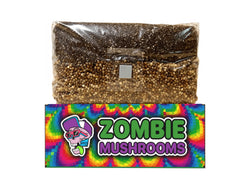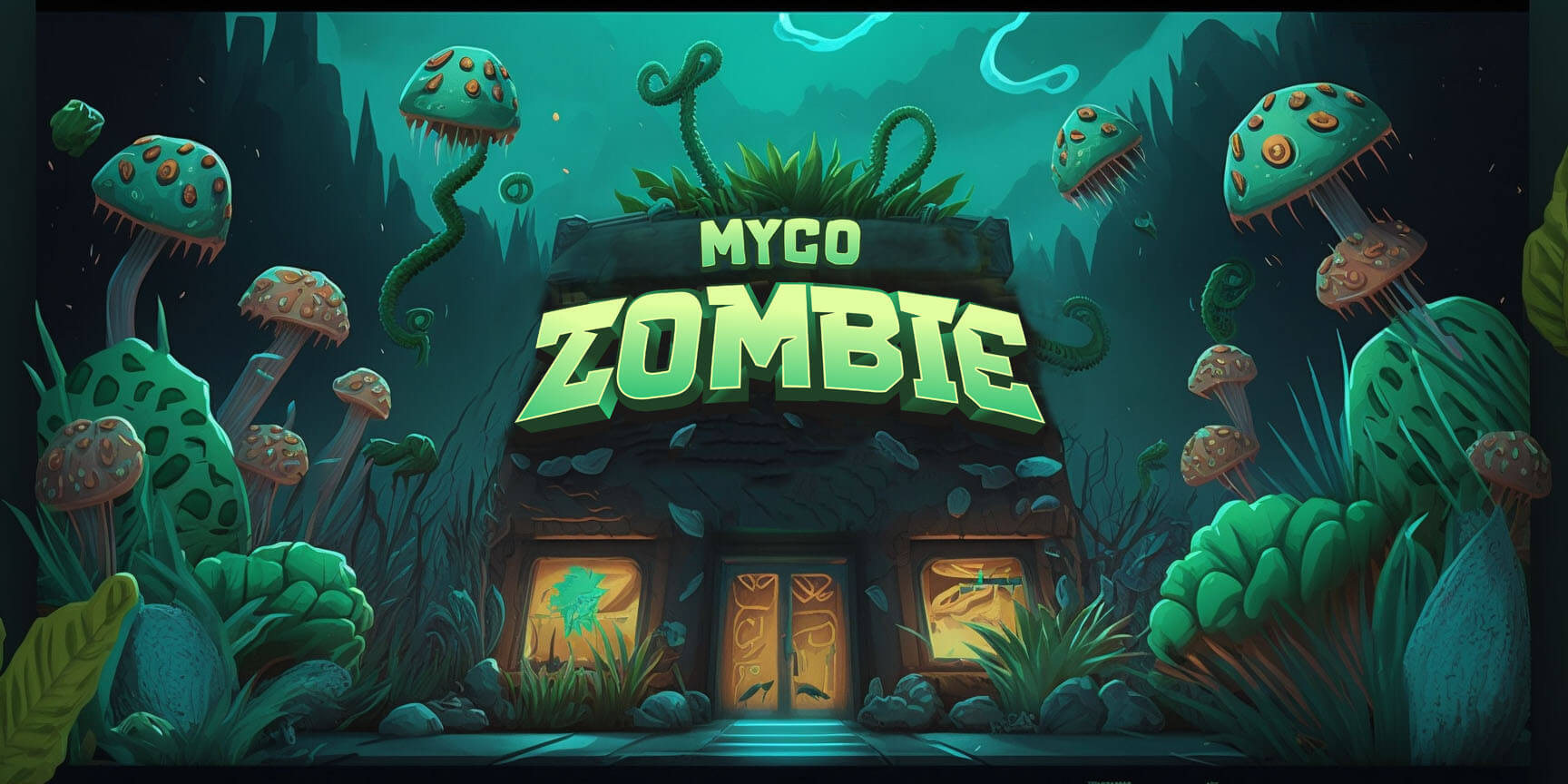Introduction
The FDA’s rejection of MDMA-assisted therapy in August 2024 has sent shockwaves through the psychedelic medicine movement. For years, MDMA—commonly known as ecstasy or "Molly"—was at the forefront of a renaissance in psychedelic-assisted therapy, particularly as a promising treatment for Post-Traumatic Stress Disorder (PTSD). With decades of clinical research and mounting public and scientific support, many expected MDMA-assisted therapy to gain FDA approval, paving the way for psychedelic medicines to become a mainstream mental health treatment option.
Yet, despite years of promising results, the FDA’s decision has raised deep concerns about whether psychedelics, as a class of medicines, will ever gain full regulatory acceptance in the United States.
Was this rejection an isolated occurrence, or does it signal larger problems within the pharmaceutical approval system? More importantly, is this a temporary setback for psychedelics—or could it signal the collapse of their integration into healthcare?
Let’s take an in-depth look at how MDMA therapy rose to prominence, where it all went wrong, and what comes next for the psychedelic medicine movement.
The Rise and Fall of MDMA Therapy’s FDA Approval
The Psychedelic Renaissance
Once stigmatized and criminalized, psychedelic substances have made an astonishing resurgence in the fields of mental health and neuroscience. Over the past two decades, extensive research has revealed their powerful potential for treating a range of mental health disorders, including PTSD, treatment-resistant depression, addiction, and anxiety disorders.
This resurgence—often referred to as the "Psychedelic Renaissance"—was largely fueled by major universities (such as Johns Hopkins and NYU), independent organizations, and investors eager to explore these compounds beyond their counterculture roots.
MDMA, in particular, represented one of the most promising developments in this movement.
MAPS & Their MDMA Research
The Multidisciplinary Association for Psychedelic Studies (MAPS), founded by Rick Doblin in 1986, led the charge in researching MDMA-assisted psychotherapy for PTSD. MAPS conducted rigorous clinical trials investigating how MDMA, used in conjunction with psychotherapy, could help patients process traumatic memories more effectively and experience deep emotional healing.
The results were staggering: multiple Phase 2 and Phase 3 trials demonstrated that a majority of patients who received MDMA-assisted therapy experienced significant — and often long-lasting — reductions in PTSD symptoms. Some patients who had suffered from chronic PTSD for decades saw such profound improvements that they no longer met the diagnostic criteria for the disorder.
These outcomes generated widespread excitement, with many experts predicting FDA approval seemed inevitable.
The FDA’s Initial Support and Expectations
In 2017, the FDA granted MDMA “Breakthrough Therapy” designation—a status reserved for treatments that show substantial therapeutic potential compared to existing treatments.
This encouraged researchers and advocates, leading many to believe that MDMA-assisted therapy would soon be integrated into mainstream medical practice.
But by mid-2024, this momentum came to a screeching halt.
The FDA’s Shocking Rejection: What Went Wrong?
Concerns Over Clinical Trial Design
While MDMA’s therapeutic effects were widely praised, the FDA’s advisory committee raised significant concerns about aspects of the trial design, particularly:
- Potential Bias: The subjective nature of psychedelic therapy means that both patients and therapists could have been unconsciously influenced by expectations. Critics argued that the lack of a perfectly controlled placebo condition made results difficult to generalize.
- Therapist Conduct Issues: The FDA expressed concerns over ethical issues observed within trial settings, including cases of therapist misconduct. Investigative reports from the watchdog group Psymposia alleged that some trial participants experienced boundary violations from therapists, casting doubt on MAPS’ training protocols.
- Long-Term Efficacy Data: While MDMA showed strong short-term benefits, the FDA requested more data on the long-term sustainability of symptom reduction and the potential for relapse.
Political and Pharmaceutical Pressures
Regulatory approval for psychedelic-assisted therapy is uniquely complex because, unlike traditional pharmaceuticals (which are prescribed and taken independently), these treatments rely on a structured therapy model requiring trained professionals.
Some experts speculate that established pharmaceutical companies may view psychedelic therapies as disruptive to their business models. Unlike SSRIs (which patients often take for years or decades), MDMA therapy typically involves a short course of treatment (two to three sessions) that can produce long-lasting effects.
This fundamental difference could make it difficult for MDMA therapy to fit neatly into the existing pharmaceutical profit structure.
Insurance and Accessibility Concerns
Even if MDMA had been approved, concerns remained about whether insurance companies would cover such an intensive therapy model.
The cost of MDMA-assisted therapy—estimated at $10,000-15,000 per patient, including multiple psychotherapy sessions—raised questions about long-term accessibility. Without insurance coverage, these treatments might remain available only to wealthier individuals, limiting broader public impact.
What’s Next for MDMA Therapy?
Industry Layoffs & Financial Uncertainty
Immediately following the FDA’s rejection, MAPS and its for-profit division, Lykos, faced significant financial turmoil. Lykos CEO Amy Emerson resigned, and the company laid off a substantial portion of its workforce while preparing for an uncertain road ahead.
Next Steps for MDMA Therapy Approval
Instead of immediate approval, MAPS and other MDMA advocates will likely need to conduct additional studies to address the FDA’s concerns. These follow-up trials could take years and cost tens of millions of dollars—posing a significant challenge for the movement’s momentum.
However, Rick Doblin, MAPS’ founder, remains optimistic, stating that he believes FDA approval is still possible, just delayed.
The Future of Psychedelic Medicine: What’s Still in Motion?
Psilocybin for Depression
With MDMA stalled at the FDA level, psilocybin—the active compound in magic mushrooms—may now be the frontrunner for approval.
Psilocybin-assisted therapy has shown strong potential for treating depression, and companies like Compass Pathways and Usona Institute continue pushing forward clinical trials. Johns Hopkins University, a leader in psychedelic research, also remains committed to advancing psilocybin therapy.
Other Psychedelics in Development
Beyond MDMA and psilocybin, other psychedelic substances are also undergoing trials, including:
- LSD for generalized anxiety
- 5-MeO-DMT for treatment-resistant depression
- Ketamine and ketamine analogs for rapid-acting antidepressant effects
This suggests that, despite MDMA’s rejection, the psychedelic field still has multiple avenues for progress.
The Role of Psilocybin Mycology in the Future of Psychedelic Access
Psilocybin as a More Accessible Alternative
Unlike MDMA, which requires complex chemical synthesis, psilocybin mushrooms grow naturally and can be cultivated at home.
Multiple U.S. cities and states have already decriminalized psilocybin, allowing personal cultivation or medical use. This trend could broaden public access to psychedelics, even in the absence of FDA approval.
Grassroots & Decriminalization Efforts
As the FDA stalls federal approval, states like Oregon and Colorado are implementing their own psychedelic-assisted therapy frameworks. Meanwhile, cities such as Denver, Oakland, and Seattle have decriminalized personal psilocybin use.
This decentralized approach could allow psychedelics to reach people outside of the traditional pharmaceutical system.
Key Takeaways
- The FDA rejected MDMA-assisted therapy in August 2024, citing issues with clinical trial design, ethics, and long-term efficacy.
- MAPS and its for-profit arm, Lykos, are facing financial difficulties and must conduct further trials before seeking approval again.
- Psilocybin-assisted therapy for depression may now be the next likely psychedelic treatment to gain FDA approval.
- Grassroots, state-level legalization, and personal cultivation could ensure psychedelic access continues despite regulatory delays.
- The future of psychedelic medicine remains uncertain, but research, advocacy, and public interest continue to push forward.
The Psychedelic Renaissance is far from over—it’s simply taking a more complex and unpredictable path toward legitimacy.
Want to explore psilocybin mycology? 🍄 Check out our recommended resources on homegrown mushroom cultivation and psychedelic education today!







